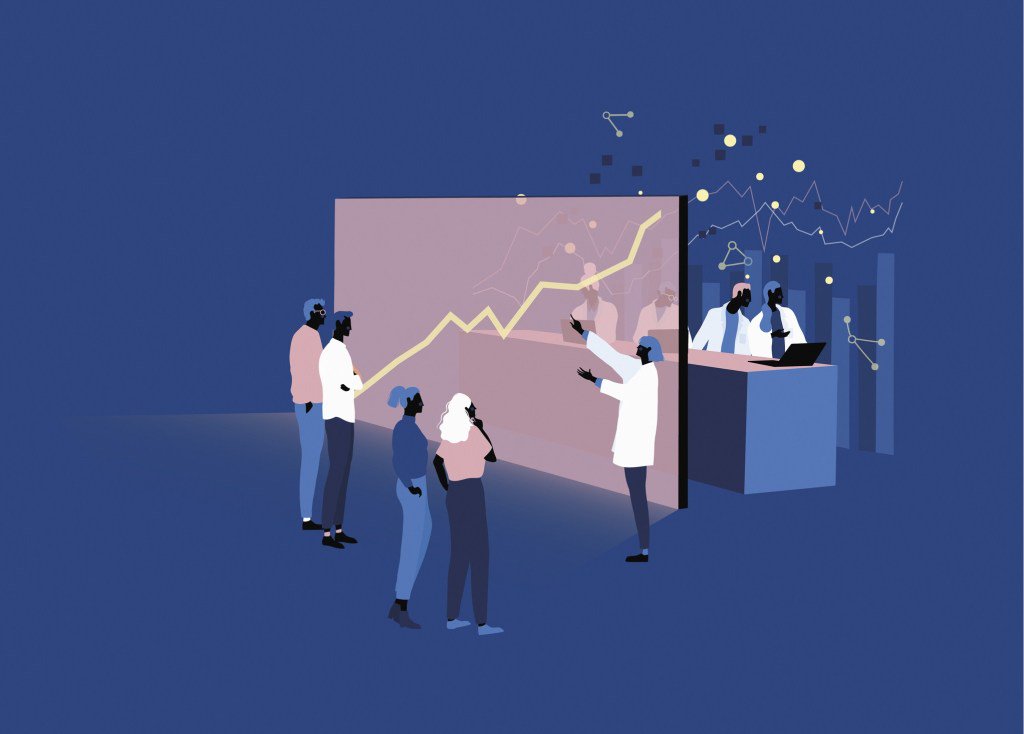The AI Revolution: Transforming Work, Entertainment, and Human Connection

As artificial intelligence continues to advance, its impact on our daily lives becomes increasingly profound. From automating low-skilled jobs in the work market to creating lifelike companions and revolutionizing entertainment, AI is reshaping the way we live and interact.
This article explores the transformative effects of AI across various domains, examining both the opportunities and challenges it presents. As we navigate this new landscape, understanding the implications of AI’s rise is crucial for adapting to a rapidly changing world.
The Changing Landscape of the Work Market
The advancement of AI and automation is poised to significantly impact the work market, particularly in low-skilled jobs. Jobs in customer service, fast food chains, and retail are increasingly at risk of being automated. Automated kiosks, chatbots, and AI-driven systems can handle routine inquiries and transactions, reducing the need for human employees. This trend is not only limited to customer-facing roles but also extends to back-end processes such as data entry, inventory management, and basic administrative tasks.
Moreover, the introduction of industrial robots has revolutionized the manufacturing sector. These robots can perform repetitive tasks with precision and efficiency, reducing the need for manual labor. As a result, many jobs traditionally held by low-skilled workers are being replaced by machines. This shift has significant implications for the job market, as it may lead to job displacement and require workers to reskill and adapt to new roles in a more technology-driven economy.
However, this shift also presents opportunities. As routine tasks become automated, there is a growing demand for jobs that require creativity, problem-solving, and human interaction—skills that machines cannot easily replicate. Workers who can adapt to these changes and acquire new skills will be better positioned to thrive in this evolving work environment.
The “Dead Internet” Phenomenon
The rise of AI-powered bots on the internet has led to concerns about the so-called “dead internet” phenomenon. This term refers to the idea that a significant portion of online content, especially on social media, is generated by bots rather than humans. These bots can create posts, comments, and even entire websites that mimic human behavior, making it difficult to distinguish between genuine user-generated content and automated outputs.
This phenomenon has far-reaching implications for the way we interact online. Social media platforms, for example, may be flooded with bot-generated content, creating echo chambers and amplifying misinformation. The authenticity of online interactions could be compromised, leading to a less vibrant and more artificial online experience. As AI continues to advance, it is crucial to develop mechanisms to identify and counteract bot-generated content to preserve the integrity of the internet as a space for genuine human interaction.
AI and Companionship
AI is also making inroads into the realm of companionship, offering new forms of interaction and connection. From simple chatbots that provide conversation and support to more sophisticated virtual companions that use video and AI to simulate human-like interactions, the possibilities are expanding. These AI companions can serve various purposes, from helping people combat loneliness to providing therapy and support for mental health.
In some cases, AI companions may even extend to romantic relationships. With advancements in AI, it is conceivable that virtual companions could become increasingly life-like, offering a sense of emotional connection that blurs the line between human and machine interaction. While this may offer benefits to those who struggle with social connections, it also raises ethical questions about the nature of relationships and the potential consequences of relying on AI for emotional support.
AI in Entertainment
The entertainment industry is another area where AI is beginning to play a significant role. AI-generated content, especially in the form of videos, is becoming more prevalent. Initially, we might see AI being used to create short-form content, such as social media videos or digital advertisements. However, as the technology evolves, it is likely that AI will be capable of producing longer and more complex forms of content, such as movies, TV shows, and even interactive experiences.
AI can also assist in the creative process, generating ideas, scripts, and even visual effects. This could lead to a more efficient production process and potentially lower costs, but it also raises questions about the future of creativity and the role of human artists in a world where machines can generate content.
AI in Gaming
The gaming industry is another sector where AI is making a significant impact. Traditionally, non-playable characters (NPCs) in role-playing games (RPGs) have been scripted with predetermined responses and behaviors. However, with the integration of AI, these NPCs can become more dynamic and responsive, offering a more immersive and life-like experience for players.
AI can be used to create NPCs that learn and adapt based on the player’s actions, making the gaming experience more personalized and unpredictable. This could lead to richer storytelling and more engaging gameplay. Additionally, AI can be used to generate entire game worlds, complete with unique characters, quests, and environments, offering endless possibilities for exploration and adventure.
As AI continues to evolve, its role in gaming is likely to expand, leading to new forms of interactive entertainment that blur the line between reality and the virtual world.
